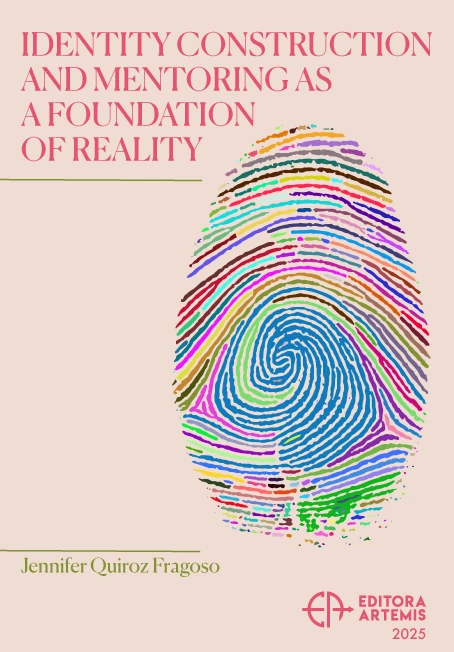
Identity Construction and Mentoring As a Foundation of Reality
The quality of higher education in Mexico is at risk due to several challenges, including a lack of teacher training institutions, high dropout rates in the first year, and the lack of student integration into university life. In addition, globalization and the creation of a knowledge society have shifted student expectations and problems, with technology influencing career choices and leading to social disintegration among students. Unlike other countries, the implementation of tutoring systems in Mexican universities began in 2000 to address these issues.
The focus of education has shifted toward the student, as outlined by UNESCO’s four pillars of education, which emphasize learning to learn, be, and live together. However, traditional teaching methods still dominate, hindering student integration and involvement in the learning process. A new teaching model is needed, one that emphasizes active participation and personalized support, requiring teachers to possess new skills and knowledge.
The tutor’s role is crucial in this process. They should have human, scientific, and technical qualities, including empathy, communication skills, and knowledge in psychology and philosophy. However, most Mexican teachers lack adequate pedagogical training, and the tutoring system faces challenges such as time constraints, inadequate infrastructure, and low remuneration.
Furthermore, the relationship between tutors and students often reflects misunderstandings and stereotypes. Improving communication between these groups is essential for effective tutoring. University education should focus on integrating students into academic and social life, helping them develop their identities, and preparing them for productive careers.
Tutoring is seen as an extension of classroom teaching and should be part of the educational process. Tutors must guide students through personal and academic challenges, helping them adjust to university life, strengthen their profiles, and transition into the workforce. The tutor’s role extends beyond teaching to encompass emotional and social support, contributing to the overall development of students into competent individuals.
Identity Construction and Mentoring As a Foundation of Reality
-
DOI: 10.37572/EdArt_210325444
-
ISBN: 978-65-81701-44-4
-
Palavras-chave: 1. Ensino superior – México. 2. Educação. 3. Ensino superior – Avaliação
-
Ano: 2025
-
Número de páginas: 106
